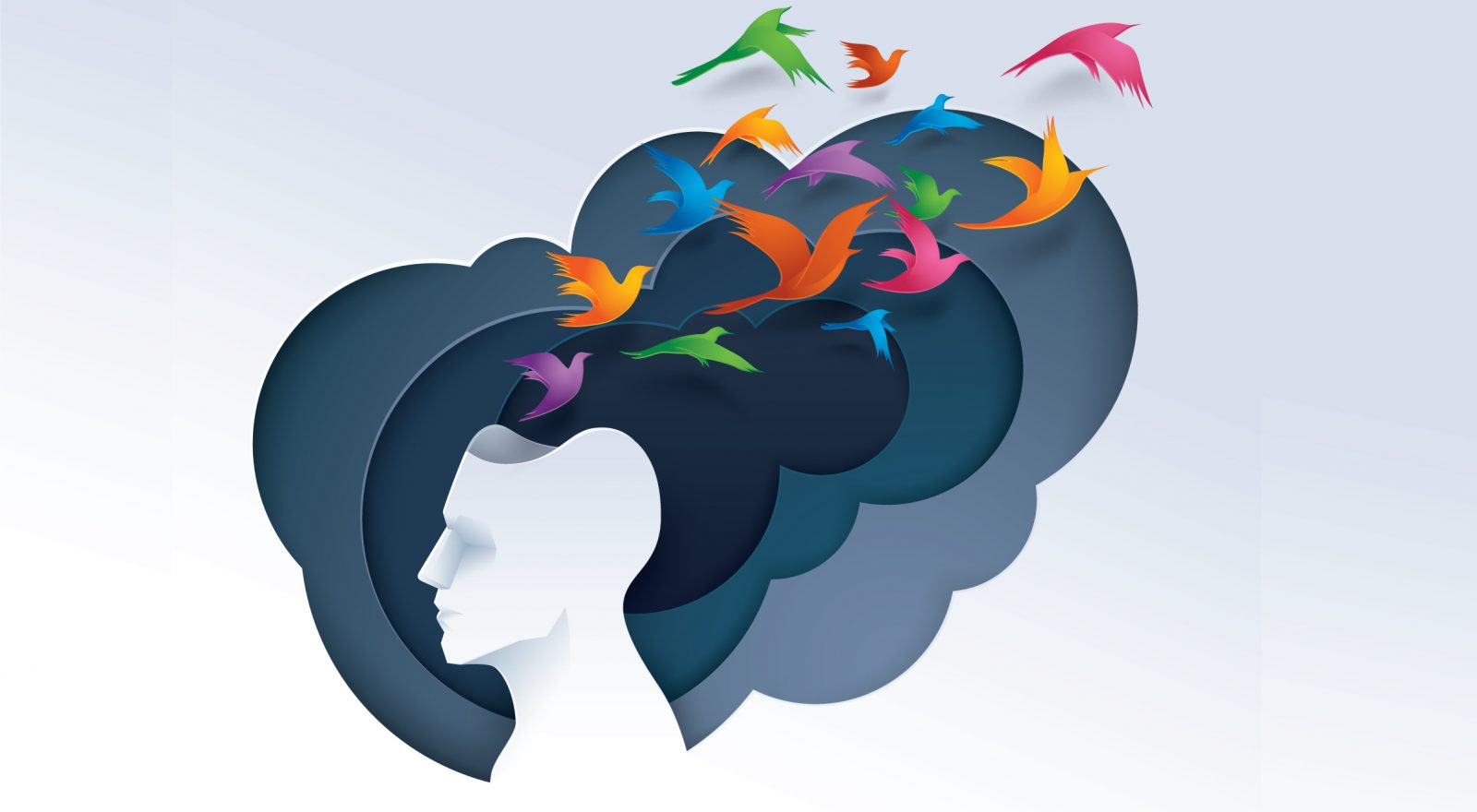
Taking care of your mind in an emergency context
Considerations by prof. Fabio Sbattella, expert in Emergency Psychology from the Cattolica University of Milan,
Fear is a natural human feeling, in some ways positive as it helps us detect danger, allowing us to get out of harm’s way. Fear is only one of the feelings we experience in emergency contexts, i.e. when our daily life, that we have until then though of as solid and immutable, is upset by a sudden and unexpected fact that compromises it deeply. We also feel confused and lost, we experience fear of an uncertain future, anxiety for the dramatic present but also anger as this is something that we cannot control, sadness for the losses suffered, sometimes even feelings of guilt for what we could or should have done (or not).
Emergency psychology deals precisely with investigating the mental processes of the mind (individual, group and collective) in situations triggered by a sudden, rapid and devastating change such as an earthquake, a tsunami or the current coronavirus epidemic; the behaviors assumed by the individual and by the community in which he/she lives are studied, together with the perception of what happened and the actions undertaken to cope with it. Fabio Sbattella, psychologist and psychotherapist from the Cattolica University of Milan, in particular, deals with understanding how the mind is activated in an emergency context from the point of view of memories, of the imagination to which it refers (e.g. filmography and literature) and of the ways of communicating among people, which are very important because they can contribute to decreasing or increasing anxiety in them and in others. It is therefore critical, in such cases, to lead the individual to reason on two levels: that of the present and that of the future.
PRESENT: although major crises are mainly managed by competent bodies such as civil protection, the national Government, etc. it is good to also make individuals, in proportionate measure, actors of the present they are experiencing, i.e. to invite them to concentrate on the here and now and ask themselves “what can I do?”, “how can I give my contribution in this difficult situation?”. In this way, people can activate their resilience, draw on internal resources and perceive themselves as masters and conductors of their lives again (empowerment process). Everyone will then be able to play his/her part, to feel part of the individual and collective rebirth.
FUTURE: danger and emergency climate are perceived differently from person to person, according to their experiences, knowledge and the imaginary to which they refer. It is therefore useful to ask “how do you imagine the future?”, “What are you afraid of?” to understand how to intervene and on which levels to work consequently.
Prof. Sbattella also invited us to consiuder the importance of patience and of a slow pace in times when we are called to make fast, key decisions. We must actually take our time to go through our emotions, feel them, resize them and figure out how to ride them, to avoid being overwhelmed or casting them aside thus perpetuating the pain. We must not be in a hurry to find answers but allow ourselves the luxury of slowing down – in a world that too often asks for us to do the opposite – of breathing patiently in the present to act responsibly tomorrow.
And we must treasure the experience we are living, keeping a precious memory for the future, when the time will come to look back, re-read what we have gone through and grieve. And, since human beings, by nature or for their own instinctive protection, tend to forget quickly, a useful advice from Prof. Sbattella is to write down our emotions, our feelings, record such an important but delicate piece of our experience in the way most congenial to us that will be our beacon during the next night.

